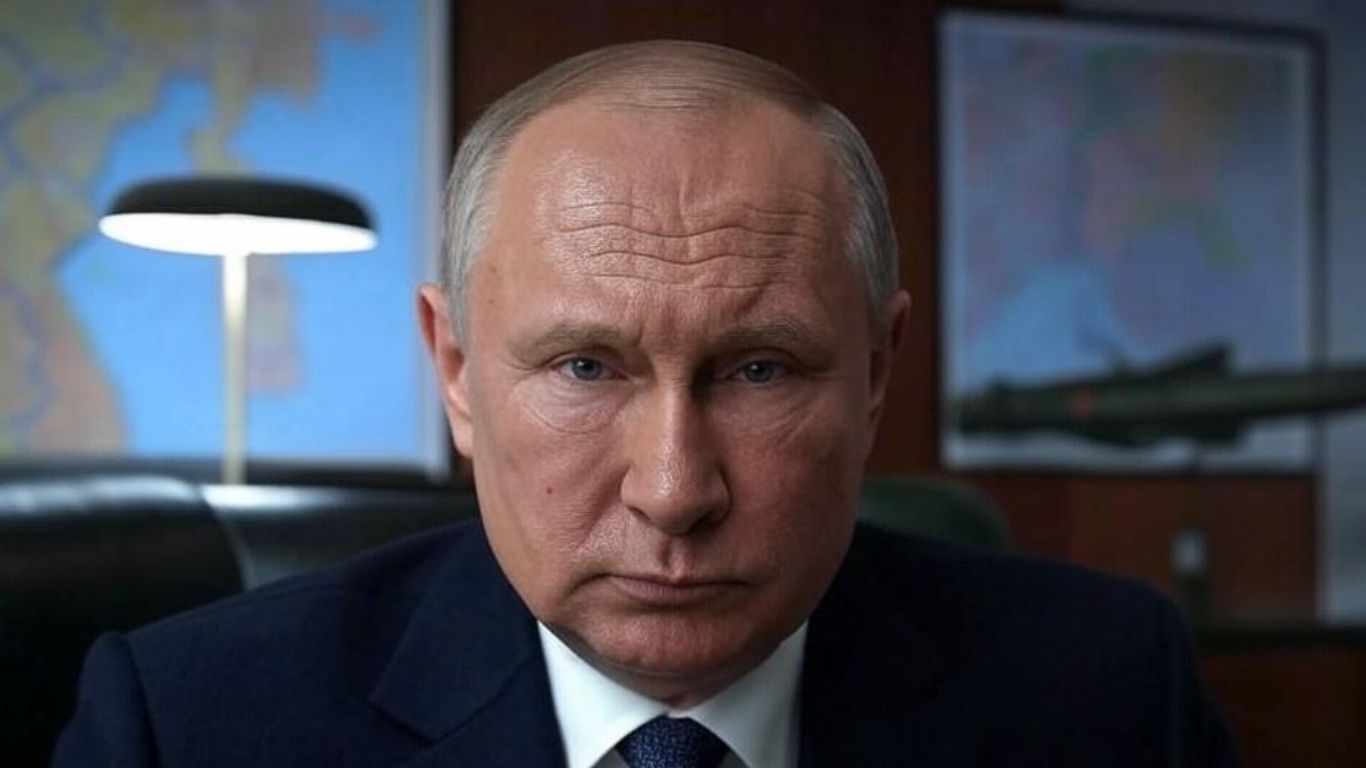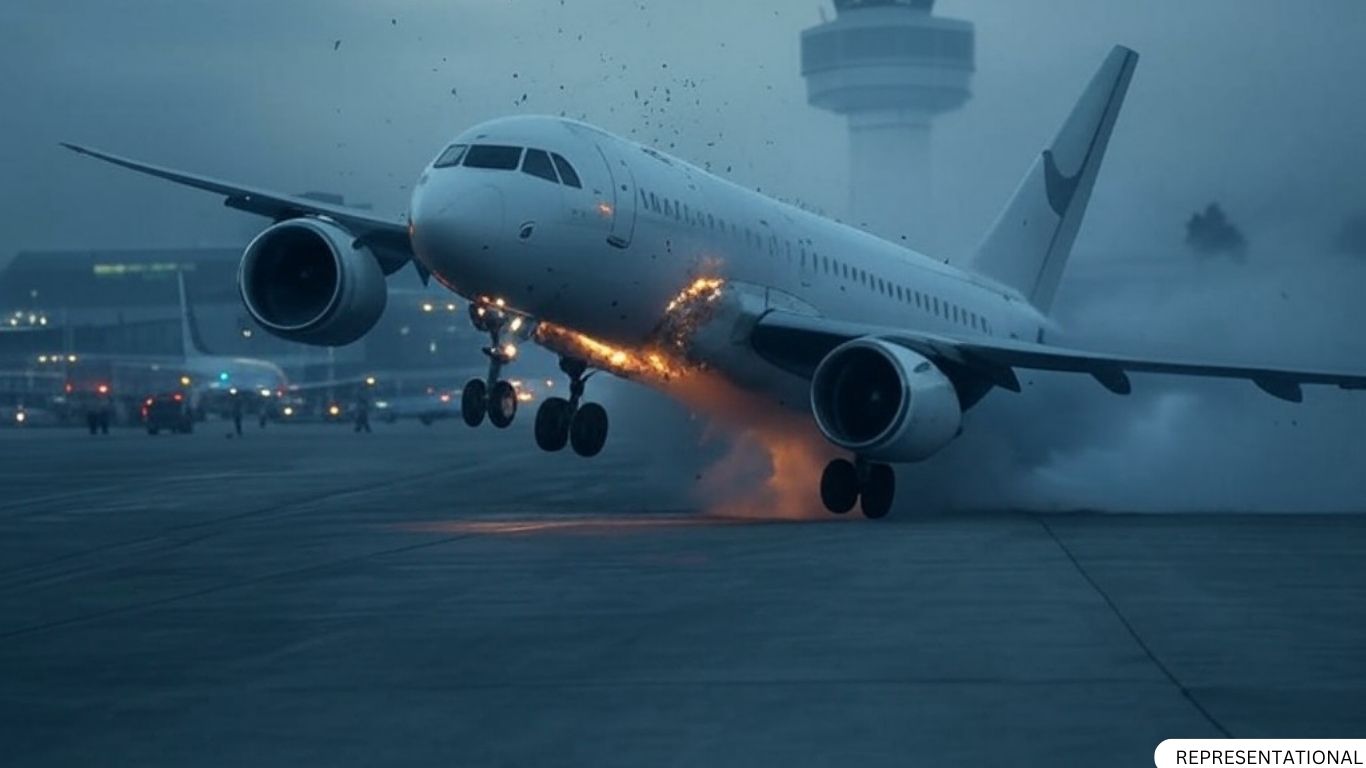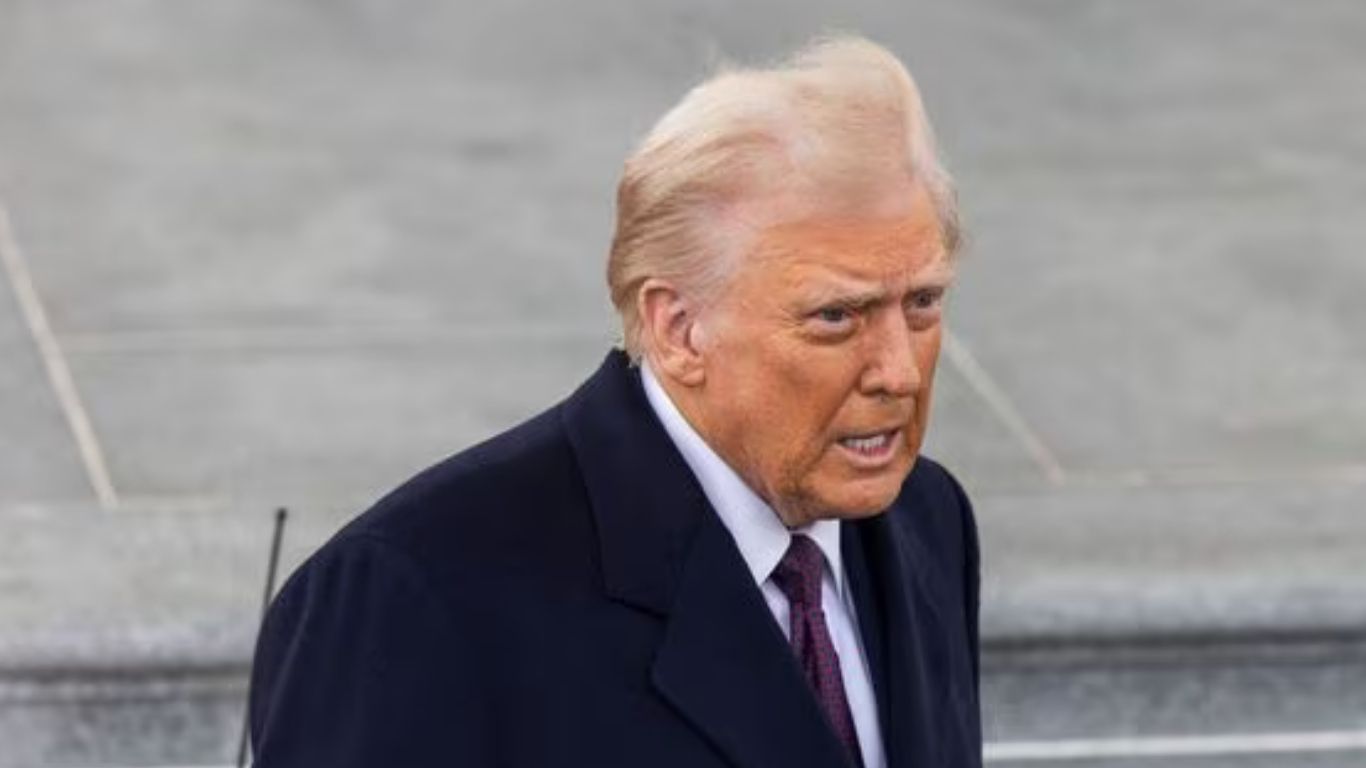The Russia-Ukraine conflict has entered a new phase of intensity following Ukraine’s deployment of U.S.-made ATACMS missiles, prompting Moscow to vow retaliation. This escalation underscores the ongoing volatility of the war that began in February 2022. In this article, we examine the latest developments, the geopolitical implications, and the potential for further escalation.
Key Developments
Ukraine’s Use of ATACMS Missiles
On Saturday morning, Ukraine fired eight ATACMS missiles, which were reportedly intercepted by Russian air defenses.
- Range: These ballistic missiles can strike targets up to 300 kilometers (186 miles) away, making them a significant addition to Ukraine’s arsenal.
- Impact: Moscow views the use of ATACMS as a substantial escalation, citing Western involvement in Kyiv’s military strategy.
Russian Response
Russia’s Ministry of Defense announced the interception of:
- Eight ATACMS Missiles
- 72 Unmanned Aerial Vehicles (UAVs), including drones targeting strategic locations in the Leningrad and Kursk regions.
Moscow has warned of retaliation, with officials signaling the potential use of advanced weaponry, including the nuclear-capable Oreshnik missile, in response to Ukrainian strikes.
Escalation of Aerial and Drone Warfare
Ukraine’s Drone Strikes
Ukraine has intensified its use of UAVs, targeting:
- Leningrad Region: A seaport described as critical to Russia’s economy.
- Kursk Region: Previously attacked by Ukraine in a surprise offensive.
According to Ukrainian officials, these attacks are aimed at disrupting Russia’s military and economic infrastructure.
Russia’s Retaliatory Drone Campaign
Russia responded with a barrage of 81 drones targeting Ukrainian regions overnight.
- Iranian-Made Shahed Drones: A key component of Russia’s drone arsenal.
- Casualties and Damage: Ukrainian Air Force reports that while 34 drones were downed, others caused destruction in Chernihiv and Sumy regions.
Strategic and Political Implications
Russia’s Nuclear-Capable Missile Threat
Russian President Vladimir Putin has hinted at deploying the Oreshnik ballistic missile to counter Ukrainian advancements:
- Targeting Kyiv: As a potential test of Western-supplied air defense systems.
- Global Implications: Such a move would escalate tensions between Russia and NATO countries, potentially drawing a stronger Western response.
Economic and Military Pressure on Russia
Ukraine’s strikes on key regions like Leningrad are designed to:
- Disrupt economic lifelines such as seaports.
- Challenge Russia’s logistical and operational capacities amid international isolation.
Impact of U.S. Policies on the Conflict
Outgoing Biden Administration’s Role
President Biden approved Ukraine’s use of ATACMS in November, framing it as a response to:
- Russia’s escalating aggression.
- The deployment of North Korean troops by Moscow.
Uncertainty Under the Trump Administration
Ukraine faces concerns that the incoming Trump administration may reduce military aid.
- Trump’s Pledge: To end the conflict, possibly signaling a shift in U.S. support for Kyiv.
- Strategic Impact: Reduced U.S. assistance could weaken Ukraine’s position on the battlefield.
Current Battlefield Dynamics
Eastern Ukraine: Russian Advances
Russia continues to make gains in eastern Ukraine, capturing:
- Nadiya Village in Luhansk Region
- Key areas in Donetsk, where Ukrainian forces face growing pressure around Pokrovsk.
Ukraine’s Defensive Struggles
As 2025 begins, Ukraine is on the defensive in multiple regions, struggling to counteract:
- Russia’s strengthened eastern offensive.
- The depletion of its military resources amid ongoing battles.
Broader Geopolitical Consequences
Western Support for Ukraine
The escalation has heightened the stakes for Western nations backing Ukraine, with:
- Military Aid: Continued flow of weapons and resources critical to Kyiv’s resistance.
- Sanctions on Russia: Economic measures aimed at weakening Moscow’s war effort.
Potential for NATO Involvement
Russia’s threats, including nuclear posturing, could force NATO to reassess its level of engagement in the conflict.
The latest developments in the Russia-Ukraine conflict highlight a dangerous escalation, with Ukraine deploying advanced U.S.-made missiles and Russia responding with threats of nuclear-capable weaponry. As the war intensifies, the global community must grapple with the profound implications of this prolonged and devastating conflict. With uncertainty surrounding U.S. support under the incoming Trump administration, Ukraine faces mounting challenges in its fight for sovereignty.















